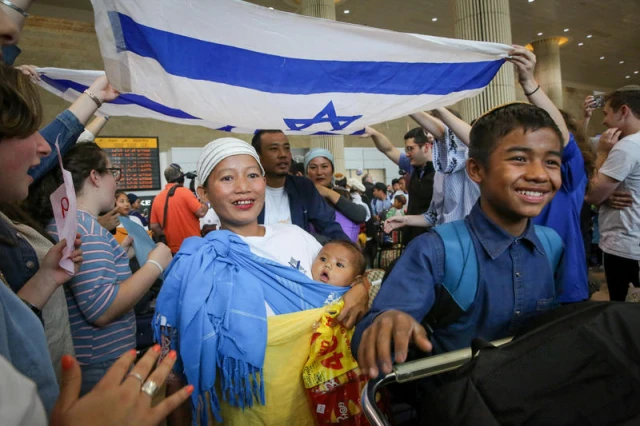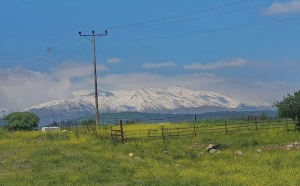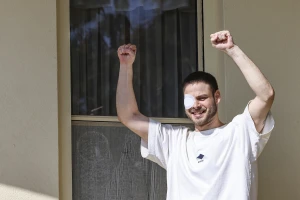Gov't approves plan to bring remaining Indian Jewish community to Israel by 2030
Approximately 4,000 Bnei Menashe already live in Israel, Aliyah would reunite families

The Israeli government on Sunday approved a plan to complete the immigration of most of the remaining members of the Bnei Menashe community from India by the year 2030.
The Bnei Menashe believe they are descendants of the biblical tribe of Menashe (Manasseh), which was expelled from the land of Israel by the Assyrians in the 8th century BCE.
The decision to return them to Israel was reached during the weekly cabinet meeting on Sunday, with support from Prime Minister Benjamin Netanyahu and Minister of Aliyah and Integration Ofir Sofer.
Following the government’s decision, steps will be taken to bring about 1,200 members of the Bnei Menashe community from India to Israel by the end of 2026, with an estimated cost to the government of around NIS 90 million ($28 million).
That process includes immigration to Israel, along with undergoing an official Orthodox Jewish conversion process, instruction in Hebrew, and efforts to aid integration into the education and professional sectors.
Over the next four years, the remaining Bnei Menashe community, approximately 4,600 additional people living in the Indian states of Mizoram and Manipur, are expected to arrive. The Aliyah of the remaining Bnei Menashe is expected to reunite some family members, who have been separated during previous immigration efforts.
About 5,000 members of the Bnei Menashe have already immigrated to Israel in the last two decades, after gaining support by previous governments, with many coming through the work of Shavei Israel, a non-profit organization dedicated to helping “descendants of Jews and the Lost Tribes of Israel to reclaim their roots.”
Many of the Bnei Menashe had practiced Christianity before beginning a process of conversion to Judaism. Most members observe traditional Jewish practices, including the celebration of holidays such as Passover and Sukkot, and have established synagogues in their communities in India.
Despite this process, Israel did not give official support for Bnei Menashe immigration until the Sephardic Chief Rabbi declared them to be descendants of the lost tribe in 2005.
Most of the new immigrants are expected to settle in the Nof HaGalil community next to Nazareth, as part of the government’s plan to increase development in the northern part of the country.
Following the cabinet decision, Prime Minister Netanyahu said, “I welcome the important and Zionist decision made today by the government, which will lead to another immigration of the Bnei Menashe community to the Land of Israel.”
“The immigrants will settle in the north of the country, as part of the government's policy to strengthen and grow the north and the Galilee,” Netanyahu continued.
“I thank the people in my office, the mayor of Nof HaGalil, Ronen Plot, and all the partners in the process, headed by Minister Ofir Sofer. We will continue to work for the unification of the communities and their successful absorption in Israel.”
Want to help more people find our reporting from Israel? Leave a quick Google review of our website here.

The All Israel News Staff is a team of journalists in Israel.
You might also like to read this:











